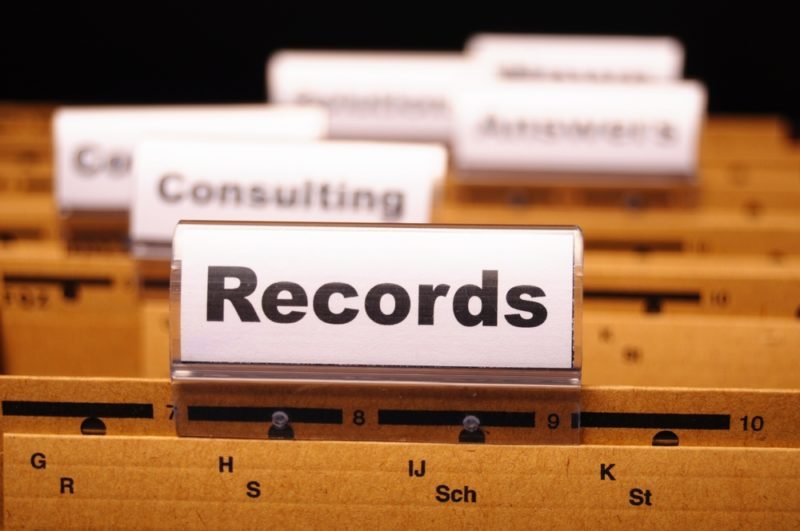Taxable Persons are required to maintain records and documentation that:
• support the information provided in a Tax Return or in any other document to be submitted to the FTA;407 and
402 Article 53(7) of the Corporate Tax Law. 403 Article 53(3) of the Corporate Tax Law. 404 Article 59(1) of the Corporate Tax Law. 405 Article 60(1) of the Corporate Tax Law.
406 Article 60 of the Corporate Tax Law, Tax Procedures Law and Cabinet Decision No. 75 of 2023.
407 Article 56(1)(a) of the Corporate Tax Law.
• enable the Taxable Person’s Taxable Income to be readily ascertained by the FTA.408
The FTA may request that a Taxable Person submits the Financial Statements used to determine their Taxable Income for a given Tax Period.409 These documents should, therefore, be maintained by all Taxable Persons.
Apart from Financial Statements, the Corporate Tax Law does not specify which records or documentation should be maintained, or the format in which they should be kept. This reflects the fact that the records and documentation required will differ according to the type and complexity of the Business that the Taxable Person conducts.
Notwithstanding differences between Taxable Persons, the information maintained should typically include, but it is not limited to:
• A record of the Taxable Person’s transactions in the Tax Period;
• A record of the Taxable Person’s assets, including details of any purchases or disposals;
• A record of the Taxable Person’s liabilities; and
• A record of any stock held at the end of the Tax Period.
Examples of specific documents which might be kept include but are not limited to:
• Bank statements;
• Loan or financing documentation;
• Sale and purchase ledgers;
• Invoices or other records of daily earnings, such as till rolls;
• Order records and delivery notes; and
• Other relevant business correspondence.
There is no requirement that these documents are maintained in their original format and it may be possible to keep them in an alternative format. For example, paper receipts could be scanned and stored electronically.
Failure of a Taxable Person to keep the required records and other information specified in the Tax Procedures Law and Corporate Tax Law will result in one of the following penalties:
408 Article 56(1)(b) of the Corporate Tax Law.
409 Article 54(1) of the Corporate Tax Law.
• AED 10,000 for each violation;
• AED 20,000 in each case of repeated violation within 24 months from the date of the last violation.410
Exempt Persons
Exempt Persons must maintain records that enable the Exempt Person’s status to be readily ascertained by the FTA.411 The documentation required will depend on the reason that a Person is exempt from Corporate Tax.
How long should records be kept?
Taxable Persons and Exempt Persons must keep records and documents for seven years following the end of the Tax Period to which they relate.412
This requirement applies to the Tax Period to which the documents relate, and not the Tax Period in which they were created. For example, if a Taxable Person uses the cash basis accounting method, they may have invoices or bills which were raised in a Tax Period before the one in which they were paid. In this instance, the seven-year period starts from the Tax Period in which the invoices or bills were paid.
Taxable Persons and Exempt Persons are responsible for maintaining all their records and documents. Taxable Persons must provide the FTA with any information, documents or records reasonably required by the FTA when requested to do so. The records must therefore be easily accessible if the FTA requests them
+9 71 4 393 1773
info@thevatconsultant.com
https://thevatconsultant.com




